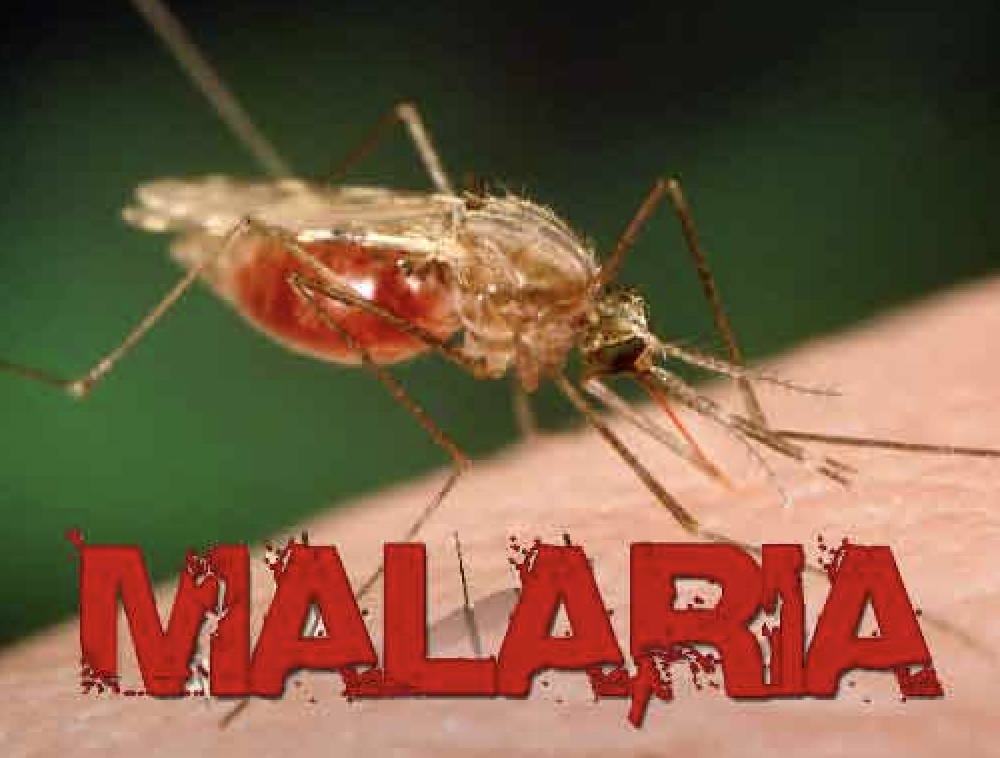Blogs

World Malaria Day, observed on April 25th every year, is a day dedicated to raising awareness about one of the world’s most significant health challenges – malaria. As we commemorate World Malaria Day 2024, themed “Accelerating the fight against malaria for a more equitable world”, it is crucial to reflect on the progress made in combating this disease and the collective effort needed to eradicate it.
Malaria continues to be a major public health concern, particularly in tropical and subtropical regions. The burden of malaria extends beyond health, affecting economies, education, and overall well-being. According to the latest WHO World Malaria Report, there were approximately 249 million malaria cases globally in 2022, with about 94% of those cases occurring in Africa. In the same year, the African region recorded approximately 680,000 deaths due to malaria, with 76% of the deaths occurring in children under the age of five years. Key countries such as Nigeria, Democratic Republic of the Congo, Niger, and United Republic of Tanzania accounted for over half of all malaria deaths globally in 2022. These statistics highlight the persistent malaria burden, especially in African countries, and underscore the need for continued efforts and resources to combat this disease effectively in the region.
The transformative role of innovation in malaria control
Over the years, considerable progress has been made in malaria prevention and treatment. Initiatives such as the distribution of insecticide-treated bed nets, indoor residual spraying (IRS), and the development of effective antimalarial drugs have played a crucial role in reducing the incidence of malaria globally. Global malaria incidence and mortality rates, for instance, reduced by 36% and 60% respectively between 2000 and 2015. This is attributed to an increase in investments in malaria programmes since the year 2000.
Research and innovation have led to the discovery of new tools and strategies to combat the disease more effectively. Various organisations, governments, and stakeholders are working together to accelerate malaria elimination efforts. The World Health Organization (WHO)’s Global Technical Strategy for Malaria aims to reduce malaria cases and deaths by 90% by 2030. Collaborative efforts like the Roll Back Malaria (RBM) Partnership and the Malaria Vaccine Implementation Programme (MVIP) are instrumental in driving progress towards the goal of malaria eradication.
In the ongoing battle against malaria, innovation continues to play a pivotal role in shaping the landscape of disease control and prevention. Emerging technologies have revolutionised malaria control efforts, offering novel solutions to combat the disease at its core. Rapid diagnostic tests (RDTs), for instance, have revolutionised malaria diagnosis, enabling quick and accurate results. These portable test kits enable healthcare workers to swiftly identify malaria infections, facilitating prompt treatment and reducing the burden of the disease on healthcare systems. Long-Lasting insecticidal nets (LLINs) offer durable protection against mosquito bites while actively targeting vector populations, significantly reducing the risk of malaria transmission. IRS eliminates mosquitoes by applying insecticides in dwellings, thus disrupting transmission cycles.
Recently, there have been ground-breaking advancements in vaccines against malaria. The first malaria vaccine recommended by the WHO, RTS,S/AS01, has reduced early childhood deaths by 13% in Ghana, Kenya and Malawi. In October 2023, the WHO recommended a second safe and effective malaria vaccine, R21/Matrix-M to further reduce the malaria cases. Another technology, the single-dose radical cure, addresses acute symptoms and dormant parasite stages which are responsible for malaria relapses, thereby reducing the chances of these occurring. Drones have soared beyond conventional delivery methods, offering a swift and efficient means of dispersing larvicides in hard-to-reach areas. By utilising drones equipped with specialised spraying mechanisms, larviciding efforts have been amplified, targeting mosquito breeding sites with precision and speed. This innovative approach not only enhances the scalability of larval control operations but also minimises human exposure to hazardous environments, optimising the efficacy of malaria eradication campaigns.
Lastly, the advent of gene drive technology could pave the way for revolutionary advancements in malaria control. Engineered to alter mosquito populations by introducing genetic modifications, gene drive mosquitoes possess the potential to disrupt the transmission cycle of malaria parasites. By incorporating genes that hinder the ability of mosquitoes to transmit the disease, this innovative approach aims to suppress vector populations and ultimately reduce malaria transmission rates. The precision and specificity of gene drive technology offer promising prospects for sustainable malaria control strategies.
Ongoing work by the African Institute for Development Policy (AFIDEP), through its Platform for Dialogue and Action on Health Technologies in Africa (Health Tech Platform), emphasises the necessity of Africans leading the research agenda for these innovative technologies. An African-led research agenda enables the continent’s unique perspectives and contexts to be at the centre of research, thereby facilitating the effective translation of research from the labs to the lived experiences of Africans. Furthermore, the voices and concerns of local communities, particularly during the testing and piloting of emerging health technologies, should be paramount.
Conclusion
As we mark World Malaria Day 2024, let us reaffirm our commitment to the global fight against malaria. Through sustained investments, collaborative partnerships, and community-driven initiatives, we can overcome the challenges posed by this disease. Together, we can create a world where malaria is no longer a threat, and every individual has the opportunity to lead a healthy life free from the burden of malaria. Let’s unite in solidarity to make malaria history.
Patricia Wamukota is the Project Manager of the Platform for Dialogue and Action on Health Technologies in Africa (Health Tech Platform) at the African Institute for Development Policy (AFIDEP).

